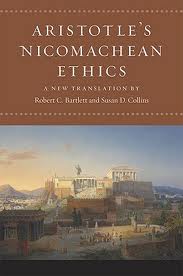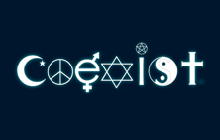Maybe the simplest operating definition for ethics is that they are “standards of behavior.” It would be assumed that these standards are derived from some objective source or transcendent authority, whether it is natural law or God. These standards regulate the conduct of our behavior and our relationships with one another. When sound standards are in place, transparency and honesty generally operate in financial and commercial markets. Obviously there are exceptions, but these become the norm for behavior.
Yet many in our society today reject the very notion of ethics as something that is either objective or universal. Instead, many have embraced the idea of moral and ethical relativism. This view holds that ethics are not based on transcendent truths, but are instead dependent on the situation and the people involved. Since there is no objective standard of right and wrong, all cultures are equal, all individual values are valid, and we cannot judge the choices that other people make. Even government cannot get involved in these questions because, “there is no such thing as objective moral truth.”
Can such a view sustain any kind of mutual ethic? Our panel explores the mess we are in this first session through the following two videos.
[evp_embed_video url=”https://s3.amazonaws.com/ftu-live/Courses/123-Is+There+Sex+that+is+Not+Good%3F/Tom+Wolfe-+I+Am+Charlotte+Simmons-H.264+800Kbps.mov”]









